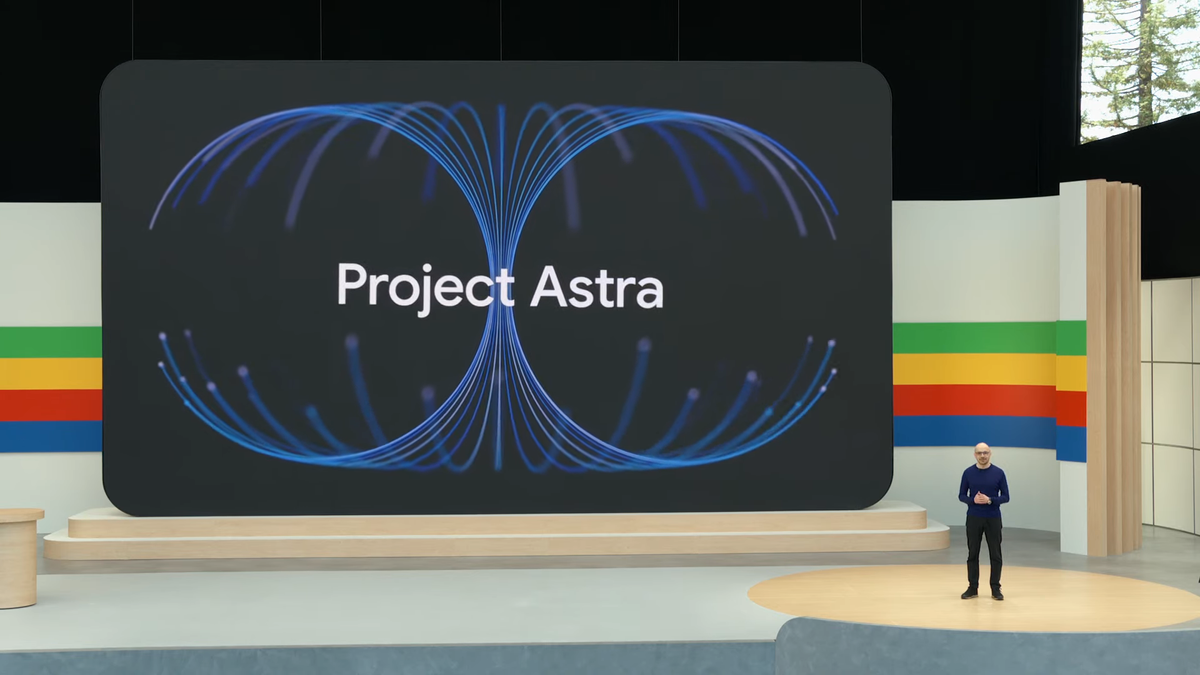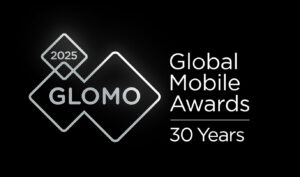Understanding Project Astra: Essential Information About Google DeepMind’s AI Initiative

Project Astra: Google DeepMind’s Ambitious AI Assistant
Overview of Project Astra
Project Astra is an innovative research initiative from Google DeepMind, focused on creating a universal AI assistant that can effectively understand and interact with its users’ surroundings. DeepMind operates as an AI research lab, which is a part of Alphabet Inc., the parent company of Google.
Utilizing Multimodal AI Technologies
A key element of Project Astra is its usage of advanced multimodal AI technologies. This means the assistant can process both vocal and visual inputs. By integrating these capabilities, the aim is to provide users with a more intuitive and engaging interaction experience. Project Astra is part of Google’s broader mission to develop AI systems that can seamlessly adapt to various environments, enhancing user interactions in day-to-day activities.
Key Features of Project Astra
Project Astra is currently under development, with several exciting features expected to enhance user experiences. Here are some of its noteworthy attributes:
- Natural Interaction: Users can communicate with Project Astra through voice commands or visual inputs, such as pointing their phone’s camera at items. This feature aims to facilitate real-time, natural conversations.
- Memory Capabilities: The assistant can remember details from prior interactions, maintaining a short-term memory of up to 10 minutes during conversations. This allows it to tailor responses based on context, such as remembering user preferences or past training routines.
- Integration with Google Services: Project Astra will connect with other Google services like Search, Maps, and Lens, allowing it to provide comprehensive assistance by pulling in real-time information like directions or local data.
- Live Video and Screen Sharing: Users will have the capability to share their screens or live video feeds with the assistant to ask questions in real time about what they are viewing.
Accessibility of Project Astra
As of March 2025, Project Astra remains in a research prototype stage, and it is not yet available for general public usage. Although an official release date or pricing has not been established, some features are beginning to emerge within existing Google products.
Accessibility Channels
- Android Devices: Users can access Project Astra on their Android smartphones, enabling them to interact through voice and camera inputs.
- Prototype Glasses: Testing for the prototype glasses is currently limited to a select group. These glasses aim to provide a more immersive experience, allowing the assistant to see and understand the user’s environment directly. A waitlist has been opened for those interested in participating in future testing.
Supported Devices
Project Astra is designed to be available on various platforms, with a significant emphasis on Android devices and prototype smart glasses. The integration with Android enables users to engage with the assistant conveniently, while the glasses are envisioned to enhance contextual understanding.
Future Outlook
Project Astra is poised for integration into Google’s broader product ecosystem, with features gradually rolling out in existing applications. The rollout of tools in Gemini Live is a step towards accessibility for a larger audience, hinting at how the technology may evolve to become more widely used.
Development Trajectory
- Expansion of Features: The rollout of live video and screen sharing features is indicative of Google’s commitment to enhancing user interaction through advanced AI capabilities.
- Augmented Reality Potential: The prototype glasses represent a significant leap toward augmented reality, with potential applications in language translation, location recognition, and object identification.
The ongoing research and testing suggest that Project Astra will play an important role in shaping the future interaction between users and artificial intelligence. With 2025 on the horizon, Google’s aggressive roadmap indicates continued growth and integration of Project Astra’s technologies. As testing continues, advancements are anticipated that could redefine how we utilize AI in our daily lives.






